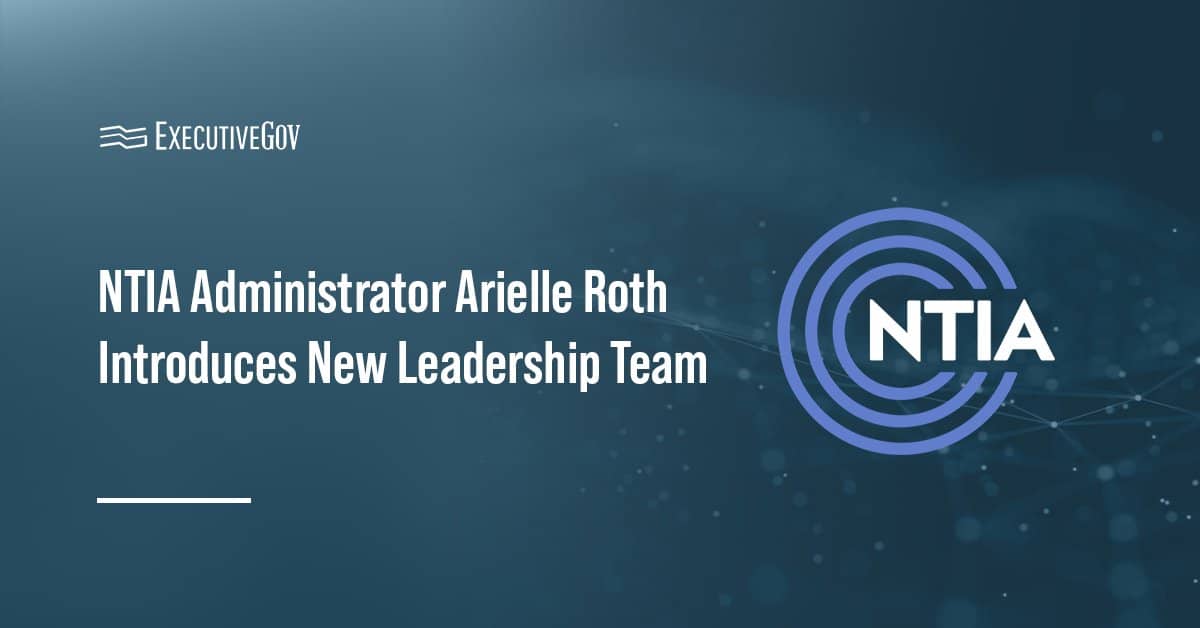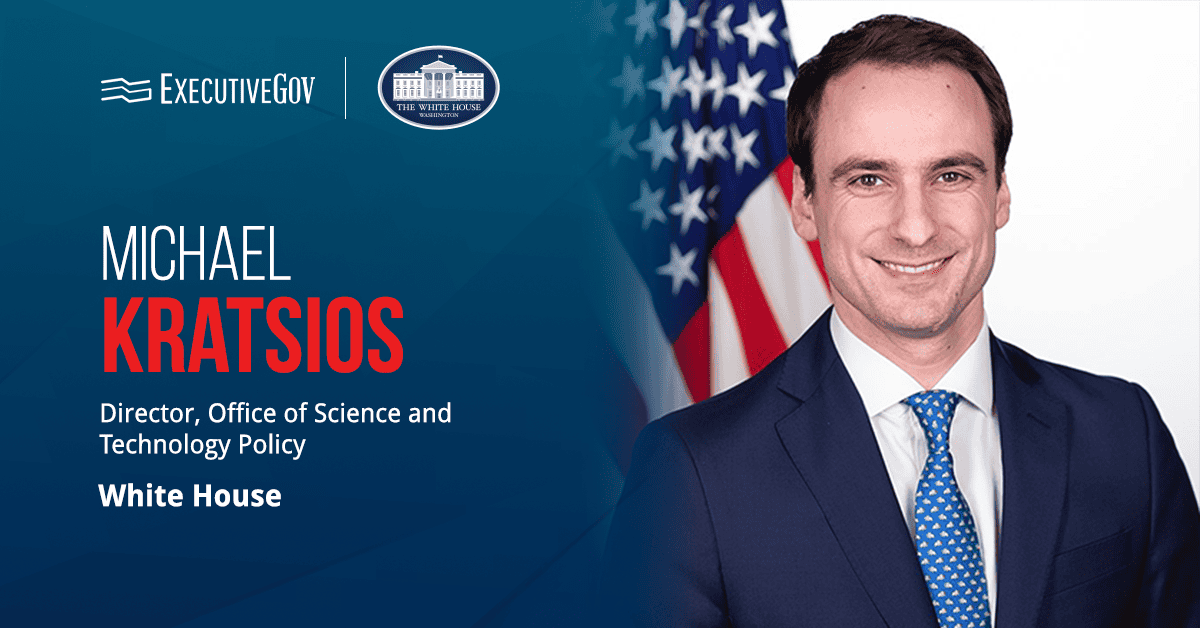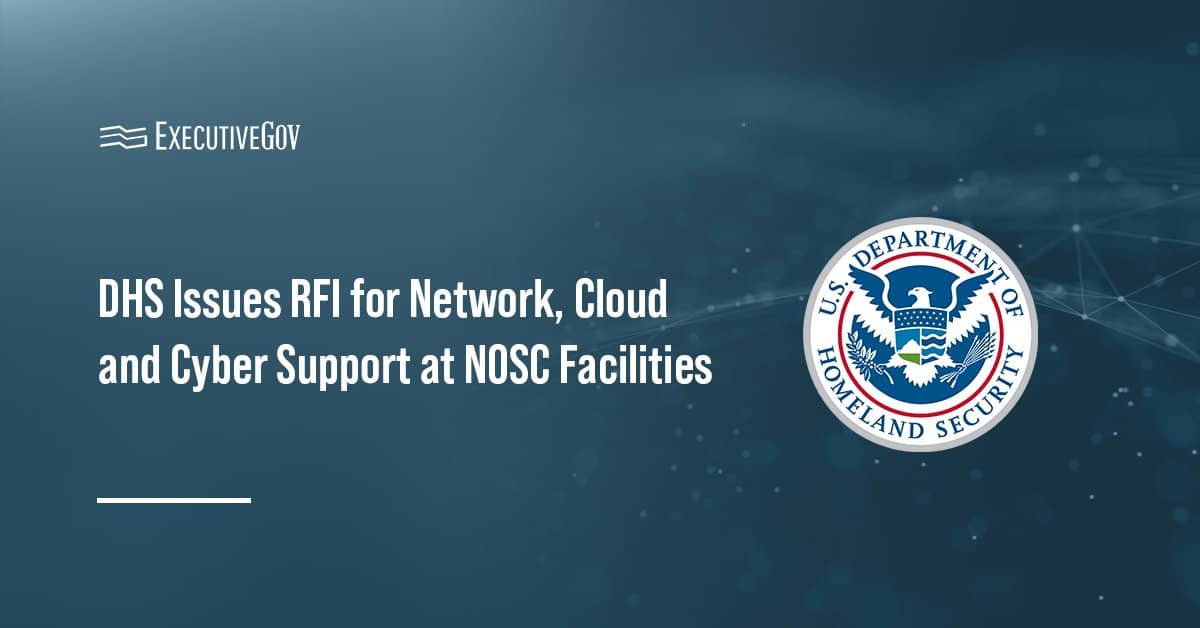Mieke Eoyang, the deputy assistant secretary of defense for cyber policy, said the Pentagon needs the private sector’s help to bolster the cybersecurity of allies, Defense News reported Thursday.
Eoyang said partners from NATO, the Asia Pacific and Europe have been frequently requesting cybersecurity assistance.
The Defense Security Cooperation Agency, U.S. Cyber Command and regional commands are now in talks about how to jointly support the cybersecurity of allies.
The defense official said cybersecurity among allies is important because fighting as a united force requires participants to plan and train together, activities that can be compromised through cyber attacks.
Compromising coalition plans can cause problems that would affect combat ability, she noted.





